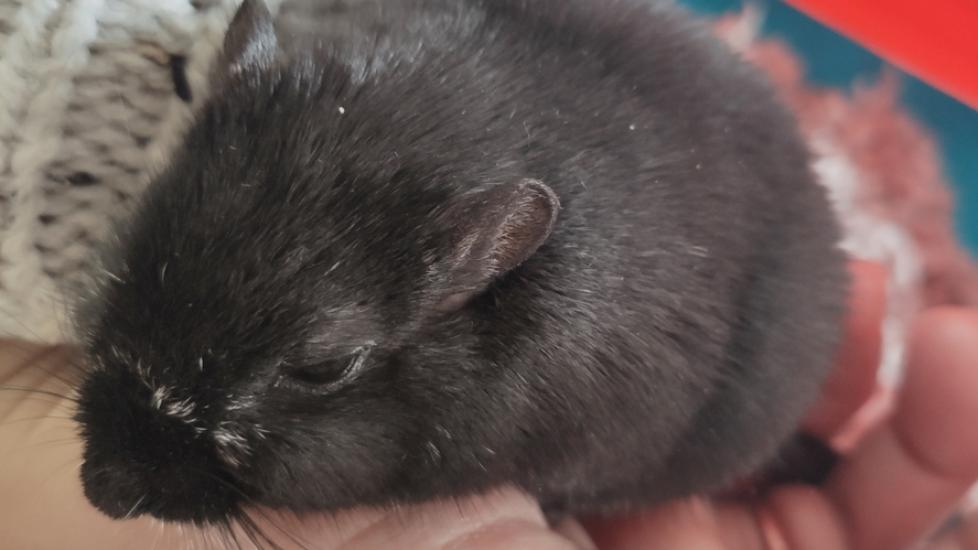Kidney Disease in Gerbils
Glomerulonephritis
When the tiny blood vessels in the kidneys (or glomeruli) become inflamed, it is referred to as glomerulonephritis. This condition is generally seen in gerbils one year or older, damaging other parts of the kidney and ultimately leading to kidney failure. Tumors and various kinds of infections are often responsible for glomerulonephritis but, fortunately, this kidney disease can be treated.
Symptoms
- Lethargy
- Depression
- Dry skin coat
- Severe thirst
- Cloudy urine
- Bloody urine
- Frequent urination
- Protein in urine (proteinuria)
- Abnormally high body temperature
- Swollen extremities
- Puffy eyelids
Recommended Products
Causes
Both malignant and benign tumors can lead to glomerulonephritis in a gerbil, as well as bacterial and viral infections, which spreads through the animal's blood and affect its kidneys.
Diagnosis
Other than observing the gerbil's symptoms, your veterinarian can diagnose the kidney disease by analyzing a sample of urine. Gerbils with glomerulonephritis will have protein in their urine.
Treatment
Your veterinarian might consider administering fluids and corticosteroids to the gerbil to help deal with glomerulonephritis, as well as antibiotics in cases of infection. If the gerbil is weak or lethargic, your veterinarian may recommend supportive therapy with vitamin B supplements.
Living and Management
The gerbil will need plenty of rest in a calm, clean and hygienic environment. Your veterinarian will also formulate a special diet during recovery to keep the gerbil's blood levels of sodium and potassium low, so as to avoid any complications.
Prevention
Preventing glomerulonephritis is often not a very practical option, except when infectious agents are the reason for the development of the condition. Treating infections quickly may help reduce the chance those infectious agents affect the kidneys, and thus lower the chances of glomerulonephritis development.
References
Featured Image: iStock.com/Coral Hernandez




